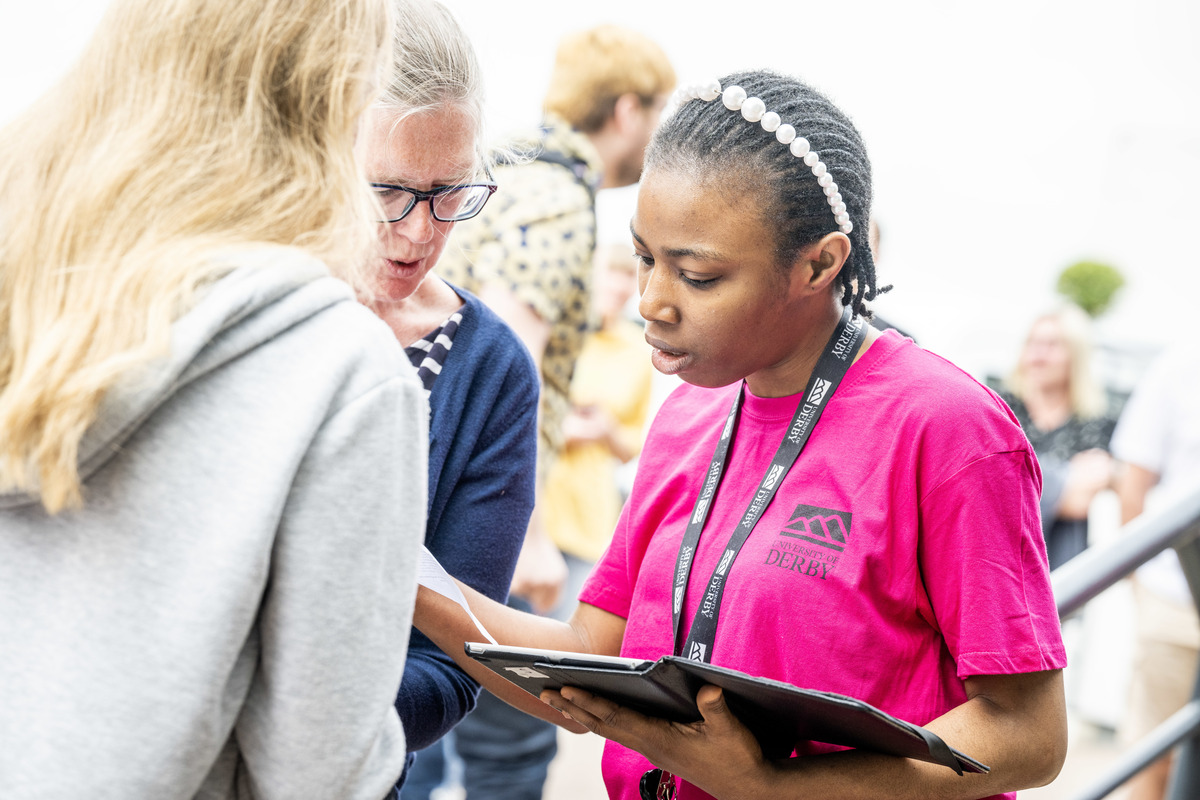UWE Bristol acquires Explorance MLY to analyse qualitative feedback in student surveys

UWE Bristol has purchased Explorance MLY to analyse qualitative feedback given by students through its institutional programme evaluations, as well as the National Student Survey (NSS) and Postgraduate Taught Experience Survey (PTES).
MLY is a revolutionary advancement in the field of feedback analytics. Powered by AI, the tool distils data-driven actionable feedback from huge amounts of unstructured comments – with machine learning models purpose-built for universities. It has specialised models that identify recommendations and alerts from student comments, allowing institutions to act quickly.
With over 39,900 students and 3,800 staff, UWE Bristol is one of the largest providers of higher education in South-West England – and having moved to an institutional-level focus on course surveys, as well as in-module feedback, a different approach was needed to collect overarching student feedback on each programme.
“We want to be able to drill down into qualitative feedback given by students – and through MLY we are able to do that in a smarter, quicker way,” said Heather Moyes, Academic Registrar at UWE Bristol.
“As part of our new approach to surveys, we were aware that higher response rates would bring a lot more free-text comments, which meant we needed a different solution. The tool we used previously – nothing as sophisticated as MLY – was not used extensively in the institution and ultimately the licence was not renewed, so we had to analyse qualitative feedback ourselves through our own manual coding which took a long time.
“Now, rather than spending lots of time finding out what students are telling us, MLY allows us to focus on what we do about it.”
Having undertaken market research on AI/machine learning options, UWE Bristol purchased a MLY site licence earlier this year after attending an Explorance event outlining the innovation. Heather explained that she was able to secure buy-in from the University’s Vice-Chancellor’s Executive team as MLY would “give them the heads up so much more quickly to inform decision making and support forward planning.”
She continued: “The fact MLY is trained on the right kind of data, that the machine understands higher education and the language fed into it, is a key factor. It has the ability to do the analysis and give meaningful, accessible feedback quickly.
“Our Student Voice team started off by testing the tool with survey data from last year to give us a baseline. Since then, we have used MLY to analyse our course surveys which closed at the end of April and we have just run the analysis of this year’s PTES results. We are really excited by what we will be able to do with NSS when we get those results shortly. Speed is the real appeal and being able to see patterns so quickly, and also things we may not have been looking for in our own coding.
“Within the institution we want to be more confident in understanding our students and the analysis through MLY helps us to identify areas to explore in more detail with students and academic teams. It sets us up for deeper, richer conversations in the right places. In an ideal world, it will drive more positive co-creation with students on the things that matter to them. We hope to see, over time, sustained higher levels of satisfaction as students feel heard and that their feedback is taken on board, supporting a sense of connection and belonging.”
John Atherton, VP Sales EMEA at Explorance, said:
“We are delighted to be working with UWE Bristol. MLY helps Higher Education Institutions to make data-informed decisions that enhance the student experience. The development of teaching methods and course content following evaluation of their insights can lead to increased student satisfaction and engagement. The software also captures employee experience and employee learning insights. UWE Bristol is not currently a user of our Explorance Blue course evaluation platform but has purchased MLY to support its existing system.”











Responses